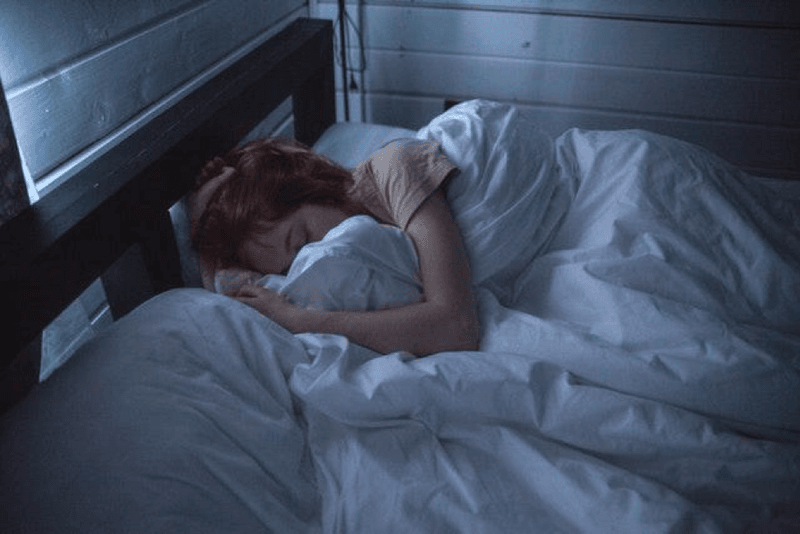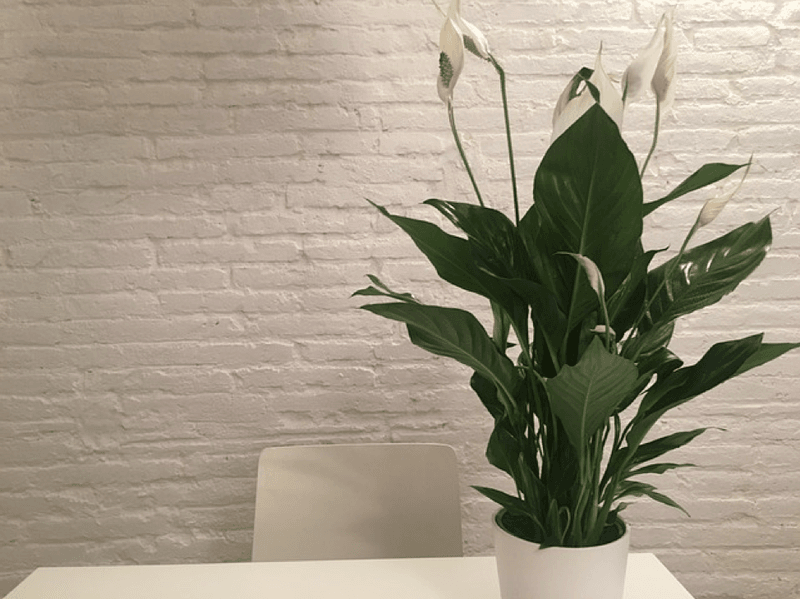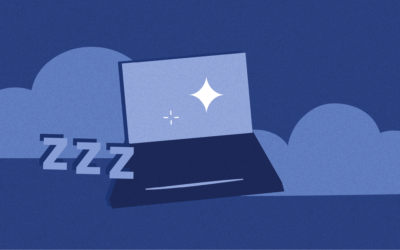When’s the last time you had a good night’s sleep? You know, seven or eight hours of uninterrupted slumber … what a crazy concept, right? A good night's sleep seems simple, but in reality, it can be quite difficult to fall — and stay — asleep for seven hours in a 24-hour period. Sleep aids and meditation may help you calm down and unwind at bedtime. Exercise, melatonin, lavender, and proper nutrition play a part too.
Table of Contents
Understanding the Sleep Process

When you hit your pillow and close your eyes at night (or during the day), the brain cycles through a few stages. During the first stage, usually 5 to 15 minutes or so, your eyes are closed, and you’re dozing, but can awaken easily. Stage two is light sleep, where your body temperature and heart rate drop. Deep sleep occurs in stage three. Rapid Eye Movement (REM) sleep typically comes within 90 minutes. As each REM stage gets longer, you’ll start to dream.
Lack of “good” sleep usually leads to low energy, moodiness, fatigue, and difficulty in concentrating. Acute insomnia occurs when you’re stressed out about a particular situation. But chronic insomnia is a term for poor sleep, at least three nights a week, that lasts three months or longer. Reasons for chronic insomnia may be changes in the environment, your biological clock, work habits, or a medical or psychiatric issue.
Melatonin
Although the human body produces its own melatonin, it doesn’t actually make you fall or stay asleep. Sleep experts at Johns Hopkins Medicine say you should use melatonin supplements sparingly. They work best when you get outside in the sunlight as often as possible. If, after a week or two, you find that melatonin supplements aren’t working, stop taking them and consult your doctor. The supplements can be dangerous if you're pregnant or breastfeeding, or suffer from depression, seizures, or an autoimmune disorder. A Sleep Robot may be your best solution since it helps you slow down your breathing naturally, and enables you to slip into sleep without dangerous chemicals.
Plants Are Perfect!

Scented and air-cleaning plants are natural sleep aids. You just need to place a few in your bedroom.
Aloe vera produces oxygen, and it won’t need a lot of water or direct sunlight. Aloe fronds release a gel that’s great for use on cuts and burns. When you get an aloe, be sure to keep soil and a few small containers on hand, as these plants are very prolific.
Peace lilies filter air toxins and increase the bedroom’s humidity. More humidity keeps airborne microbes at bay and reduces allergic reactions, so you’ll breathe better at night. Peace lilies thrive in shade or filtered sunlight. Keep them away from pets and small children.
Jasmine is a fragrant exotic plant that will help you relax. Its foliage and flowers are used in tea, perfumes, oils, soaps, and bath products. Jasmine usually blooms in white, but flowers may be light pink or ivory. Place a few jasmine plants in your bedroom and then drift off to dreamland.
Lavender emits a pleasant scent for calming and relaxing the body. You can grow plants in your bedroom if you have a window with direct sunlight, or a plant light will do. Lavender oils and bubble bath soaps help take the edge off a stressful day.

Notice, we didn’t include the famous poppy flower. L. Frank Baum may have been toying with artistic license when the flowers put Dorothy into a deep sleep in The Wizard of Oz. Poppies contain opium, but unless you ingest or inject it, the flower is not a sleep aid. (Hey, he created a talking scarecrow, lion and tin man as well!)
Exercise
Exercise and outdoor activities get you moving — and tuckered out. Get off the couch and get active! Give yourself at least 30 minutes to wind down after a workout.
Falling and staying asleep can definitely be stressful. But you can help the process by altering your sleep environment. Block out unnecessary light, turn off the TV, and power down the outside world. Unlike sleep supplements (which can hamper your ability to wake up in the morning), the Somnox Sleep Robot uses calming music and your own breathing rhythms to help you fall asleep naturally.
Connie Proctor, a former professional dancer, is now a physical therapist and yoga instructor who advocates for wellness for people of all abilities.


